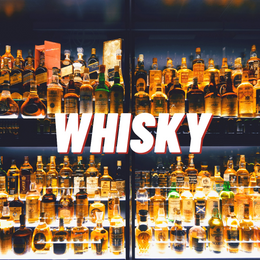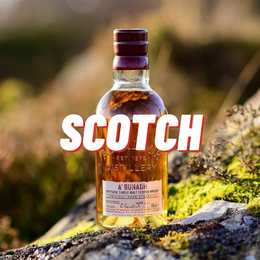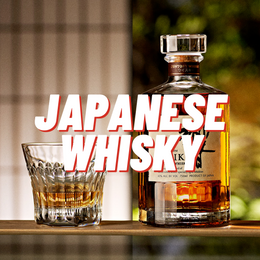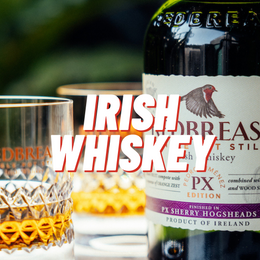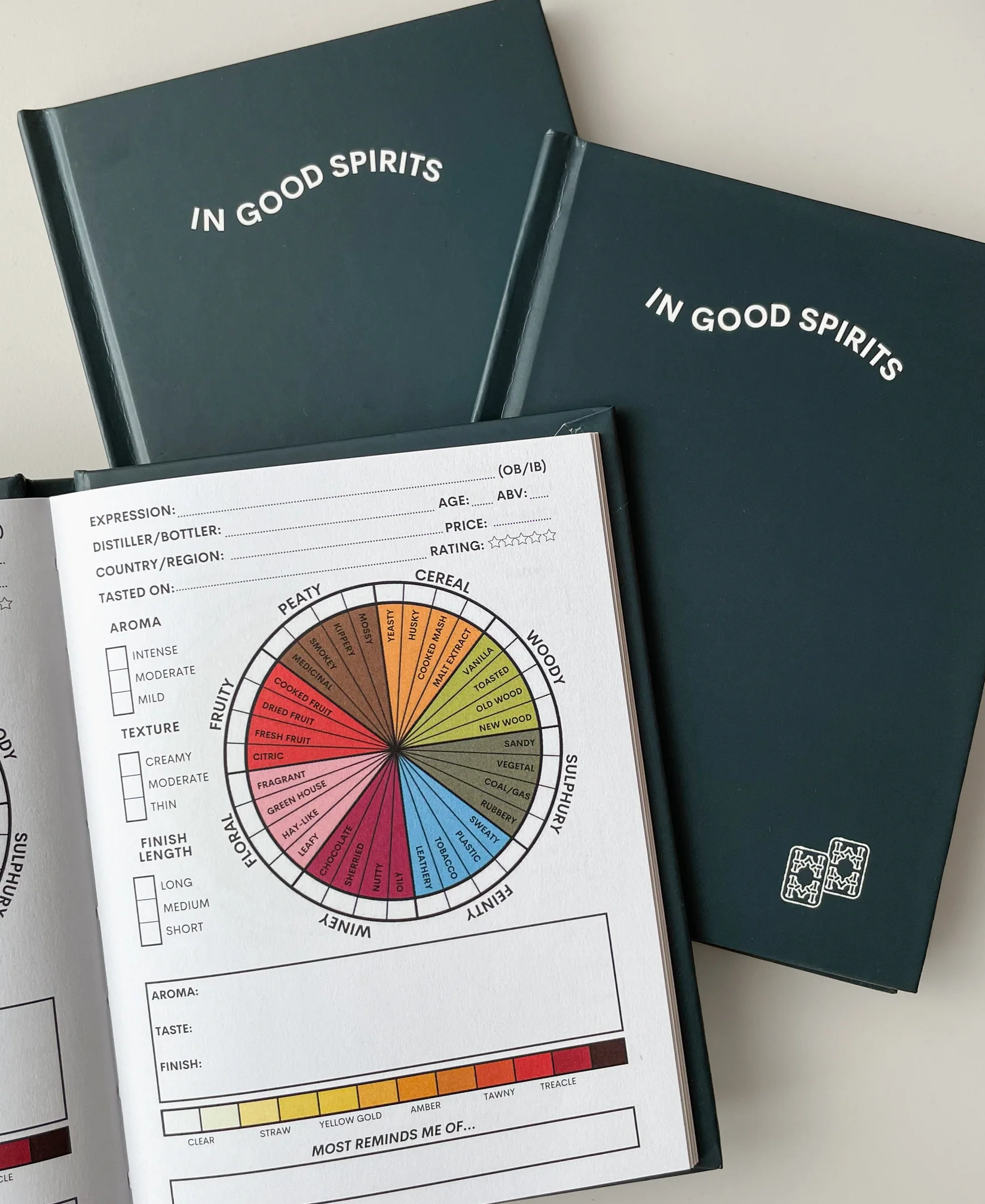
What the heck is that?
Terroir (pronounced “teh-wahr”), is a French concept used to refer to the environment’s impact on a crop’s growth, and how it affects the taste of the drink made from the crop.
This takes into account the influence of soil, sunlight and climate– among many other factors. The term is most commonly used in wines to explain the taste profiles of wine varieties harvested from vineyards in different farms that have been exposed to different conditions.
Who cares?
Some parts of the whisky industry is beginning take notice of the importance of terroir in bottling whiskies. Although this may sound like pretentious marketing, recent research has produced strong evidence that barley grown under different environments do result in whiskies with different flavours and mouthfeel.
In Scotland, Bruichladdich Distillery operates on the principle of allowing drinkers to taste the differences in whisky made from barley grown in one region to another. And unlike most of the Scotch industry which imports barley, Bruichladdich’s whiskies are made from 100% Scottish barley.
In Ireland, Waterford Distillery – which was founded by ex-Bruichladdich CEO, Mark Reynier – takes terroir ideas to the next level. The distillery funds serious research and academic study into the influence of terroir, and tends to release whiskies with minimal cask influence in order for the malt spirit to sing.
New craft distillers in Japan are also passionate about this concept. Chichibu and Shizuoka Distilleries make special efforts to procure locally-grown Japanese barley despite the difficulty and higher cost of sourcing a crop not native to Japan.
That said, the majority of the whisky industry is making no effort to explore the concept of terroir. Some argue that the distillation process would have removed any trace of terroir influences – this has been proven wrong. The majority appear to avoid acknowledging the concept because of the inconveniences and increased costs associated with it. For instance, the barley from different locations must be processed and distilled in completely separate batches. An unintentional mixture of malt from Farm A into Farm B malt would render efforts wasted.
Why should I care? What is one thing to remember?
It may not be easy to see the big deal of terroir now, but its importance can be observed in the realm of wine appreciation.
Terroir-focused distilleries are still in a state of experimentation, so more time is needed for them to figure out the optimal conditions for whisky-making. But as these distilleries begin to understand the concept, terroir-guided discussions are going to become more and more prominent. We may start to see noticeable differences in Japanese barley whisky versus Scottish barley whisky. We may also begin to notice little things like the coastal influences in barley grown near the sea.
The science already proves that terroir can be observed whisky. And as consumers become more sophisticated, the rest of the whisky industry would have to pay more attention.
Why is terroir such a big deal for Bruichladdich Distillery? Find out here!

